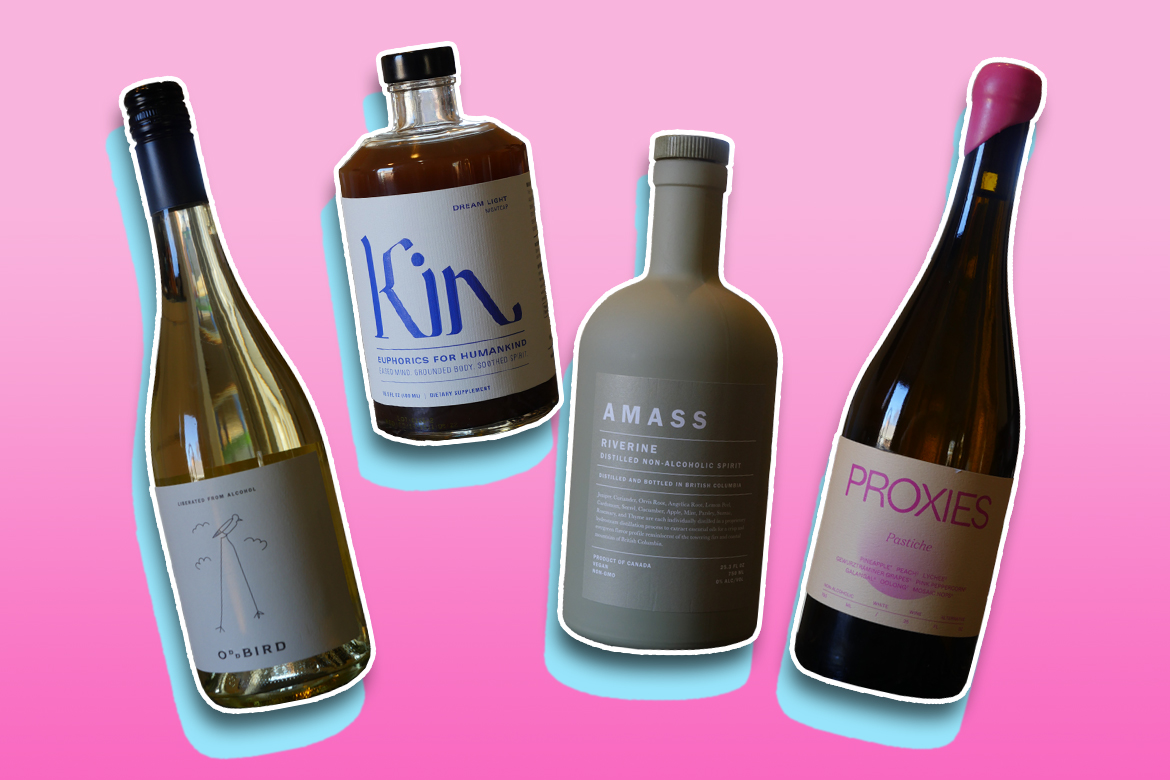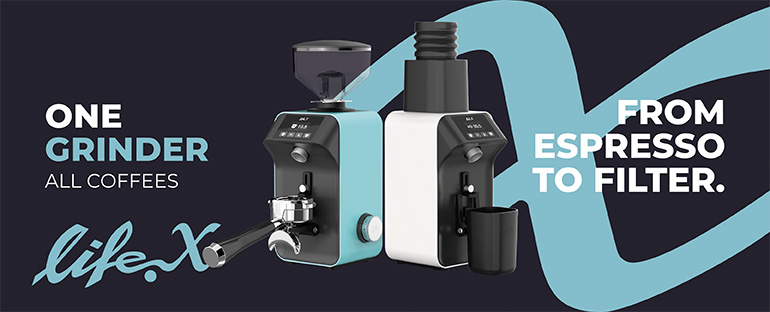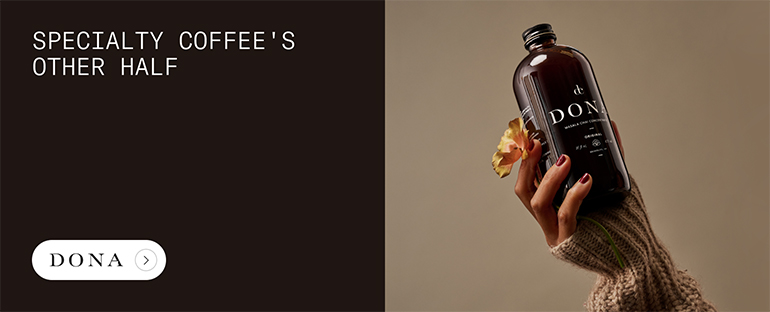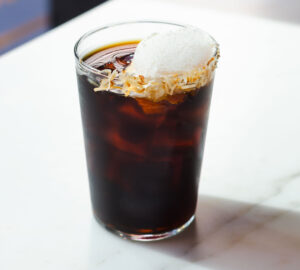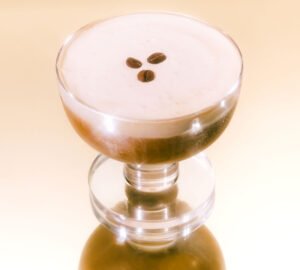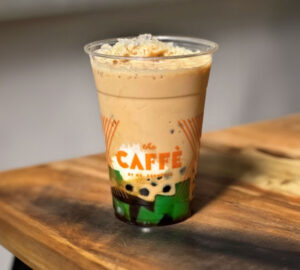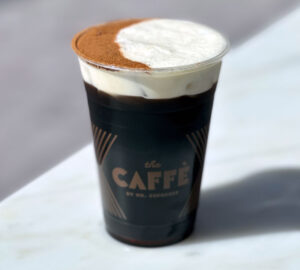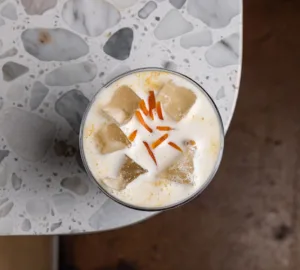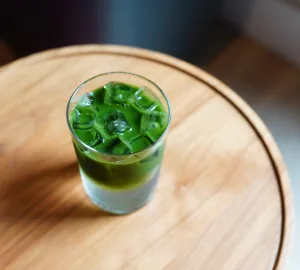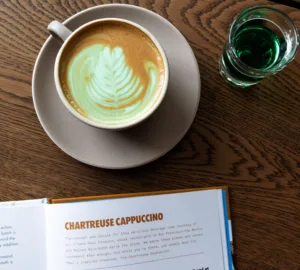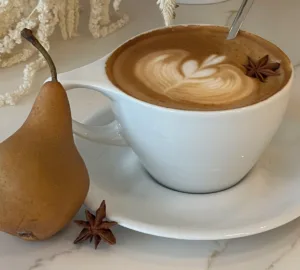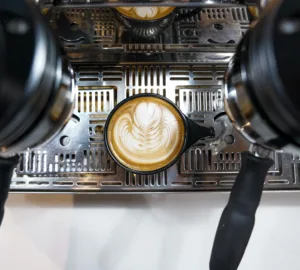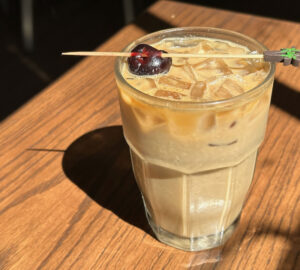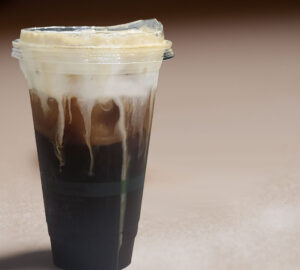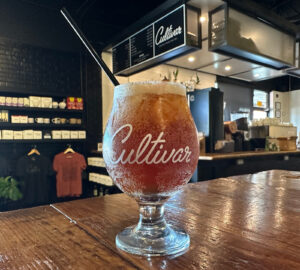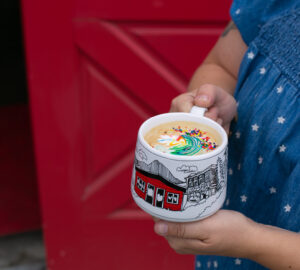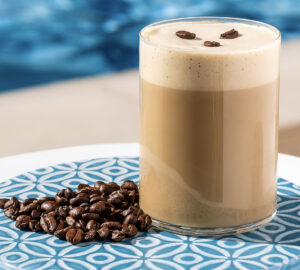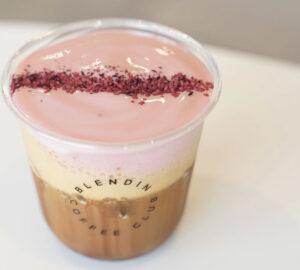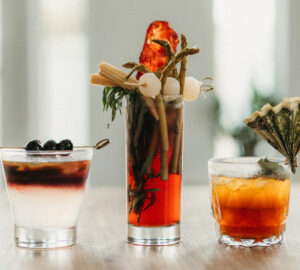We have yet again found ourselves at the start of another year, a time to shed the old skin and become our newer (hopefully better) selves. And while I’m generally opposed to the idea of New Year’s Resolutions—there’s no need to wait for some arbitrary point in this dirt rock’s orbit around a hot ball of gas to make that change about yourself that you want to—there is something to be said to the circannual rhythm of it all. January comes hot on the heels of Thanksgiving, the December holiday season, and New Year’s, three of the most revelry- and gluttony-filled dates on the calendar. Feeling a little… high gravity come January 2nd is part and parcel with what precedes it.
For many, the new year’s desire to make a change isn’t necessary a permanent one, but more of a detox, a reining in of habits that got a little loosey goosey over the course of the last 12 months. (Lord knows these last few years have given us all more than enough reason to extend ourselves a little leniency with our vices.) Thus the existence of Dry January.
But just because you aren’t drinking alcohol doesn’t mean you can’t drink deliciously. Gone are the days of watery non-alcoholic beer serving as the drinker’s only liquid proxy. Much like coffee’s oft-overlooked non-intoxicant sibling, decaf, there has been a surge in interest in creating complex, interesting non-alcoholic beverages in just about every category of drink over the past few years. NA wines, wine alternatives, bottled cocktails, even NA spirits, whatever your taste, there is an alcohol-free version out there for you January tipples. We’ve rounded up a few of our favorite sans-alcohol beverages to help you stick to your New Year’s challenge. Who knows, with drinks like these, it could be a Dry 2022.
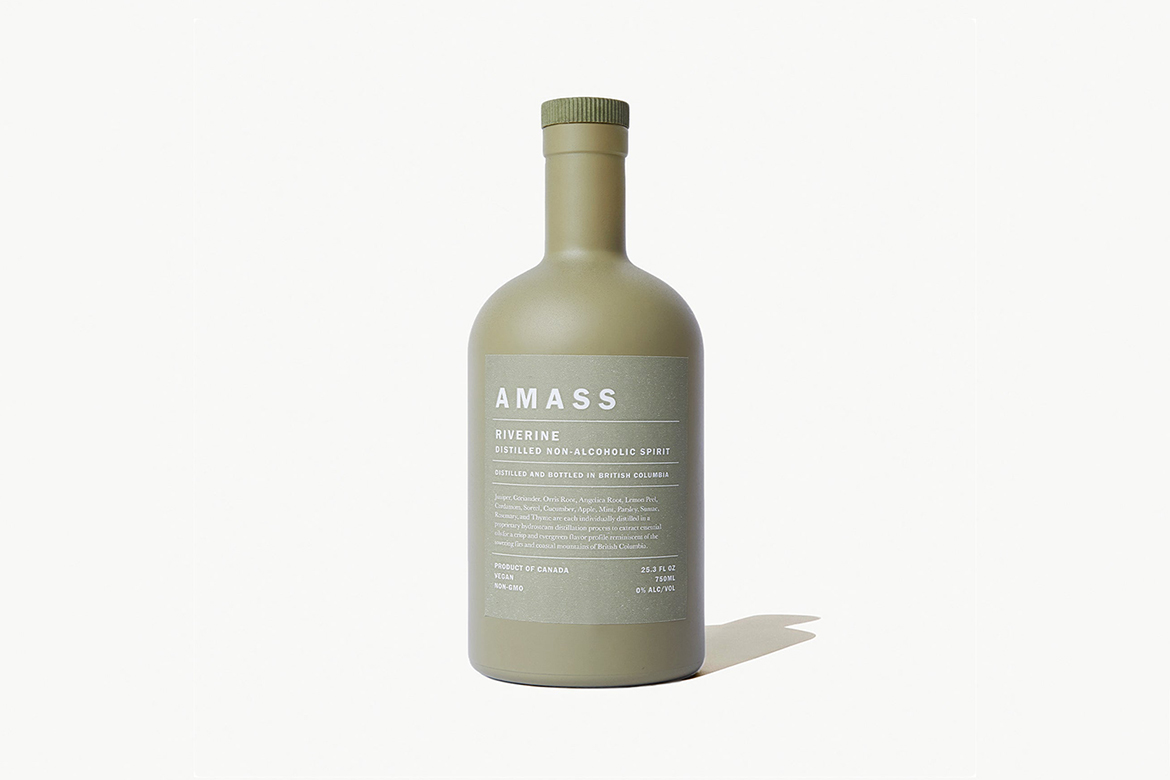
Amass Riverine
Amass is a Los Angeles-based purveyor of spirits, hard seltzers, and a variety of self-cafe products like lotions, soaps, candles, and bath salts. They also are the makers of Riverine, a deeply complex non-alcoholic spirit similar to that of a botanical dry gin. (Amass states that Riverine is not a gin proxy, but you’d be forgiven for using it as one.) Distilled in British Columbia, Canada with 14 botanicals in total—including juniper, coriander, lemon peel, cardamom, sorrel, mint, cucumber, sumac, and others—Riverine has a wonderful gin-like florality with just a touch of earthiness, as easily sipped on its own or with a splash of good tonic and a lime wedge for a classic G&T. Because there is no heat from the alcohol, just a touch of tonic is needed; you’ll want to let the spirit do most of the talking.
Riverine is available for $40 per 750ml bottle via Amass’s official website.
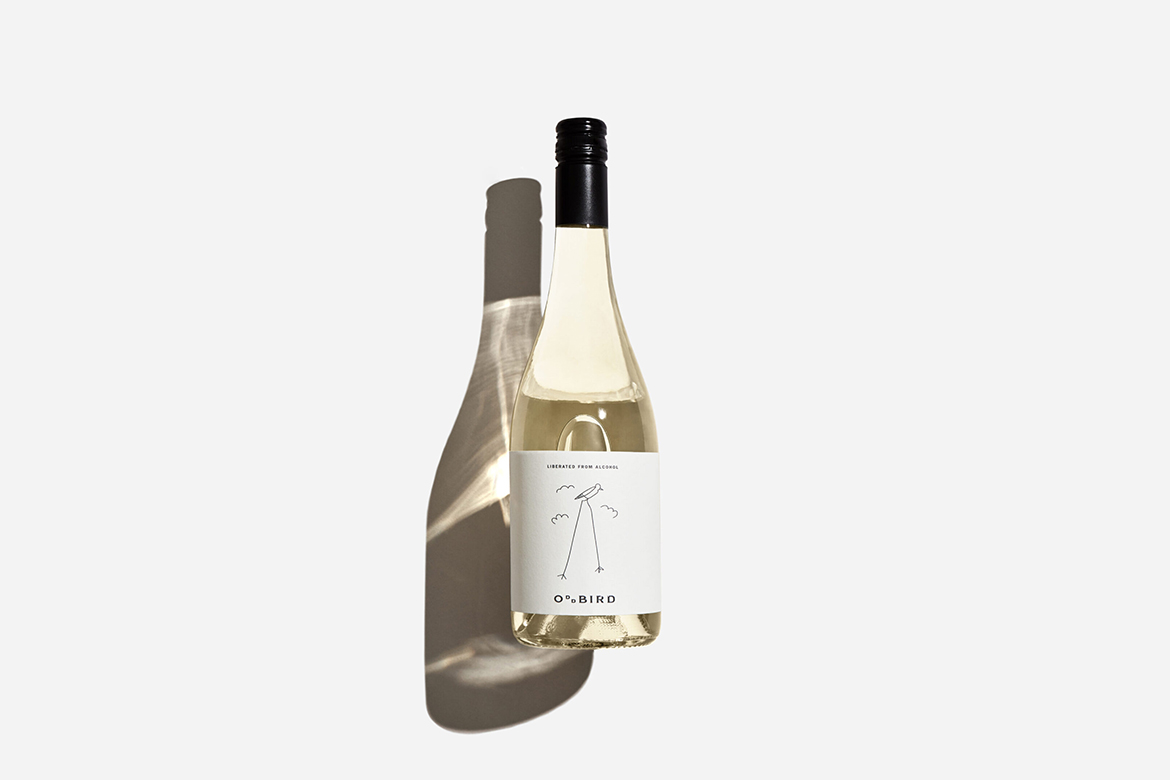
Odd Bird Natural Wines
There are dry white wines and then there are dry white wines. Hailing from Gothenburg, Sweden, Odd Bird makes non-alcoholic wines using methods generally associated with natural winemaking: using organically produced grapes, with minimal intervention, and little to no sulfites added. Nothing added, nothing removed, except the alcohol. Using negiociant grapes from well-renown wine-growing regions in Italy and France, Odd Bird ages their wines for 12 months before removing the alcohol through a proprietary process. Their offering sheet includes reds, whites, rosés, and bubbly spumantes.
For their Organic White No 1, Odd Bird uses Garganega and Vespaiola grapes hand-harvested in Breganze in the Veneto region of Italy to create a refreshing, light-bodied wine. Notes of floral honey shine in every drink, with a nice malic sweetness, citrus acidity, and just a touch of minerality. It is, to use modern natural wine parlance, a very crushable summer wine.
Odd Bird natural wines are available for purchase for €12-15 ($14-17 USD) via their official website.
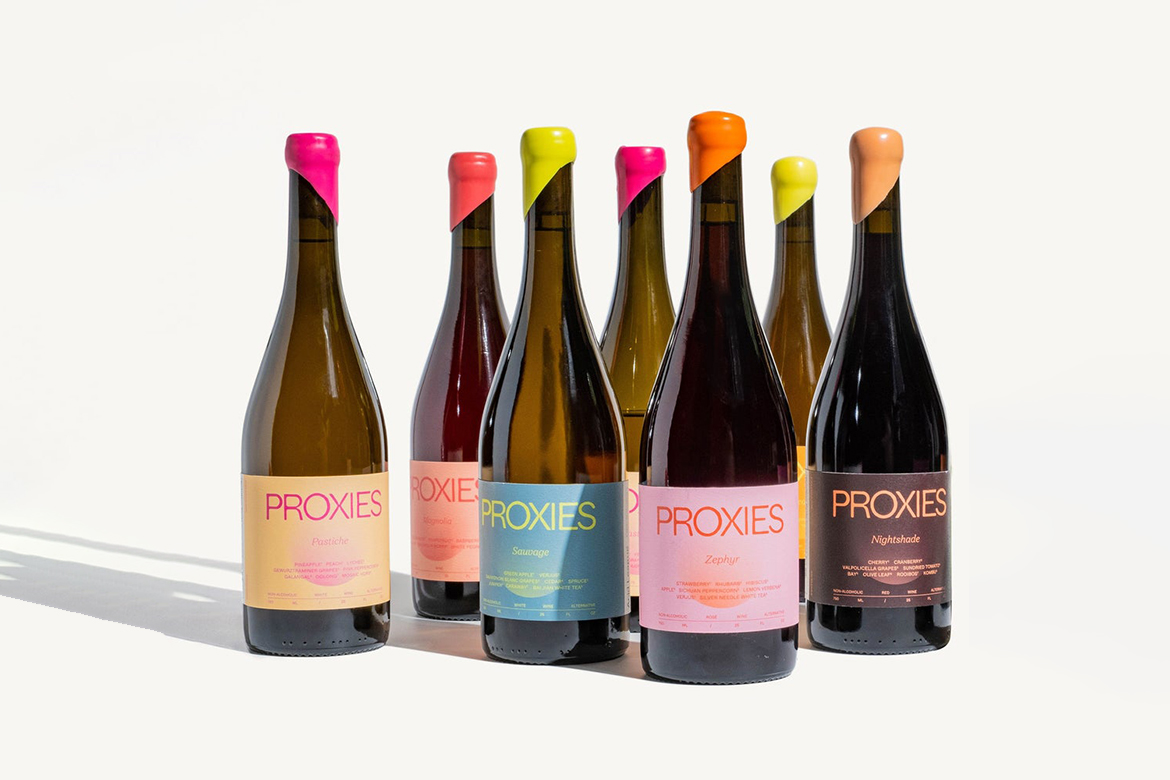
Acid League Wine Proxies
A Canadian import, Acid League focuses on “living” drinks: vinegars, tonics, and of course, wine proxies. With their ever-changing line of non-alcoholic Wine Proxies, Acid League draws inspiration from the complexity of natural wine without trying to be a non-alcoholic version of one. They are more wine-alternative than non-alcoholic wine. Though they align with broader wine designations—white, red, rosé, the occasional orange—that’s about where the comparisons end. Proxies are complex expressions of fruits, teas, herbs, and spices. The Magnolia for instance, a rosé, is made with pomegranate, grapefruit, raspberry, coriander, magnolia berry, and white peony tea.
While perhaps a touch on the sweet side for those looking for a stricter NA wine replacement, Proxies work equally well as a cocktail base. Mixed with your favorite sparkling water (and maybe even an NA gin) and you have the beginning of a heavenly quaff to prove that you don’t need alcohol in order to make a satisfying cocktail.
Wine Proxies are available via Acid League’s official website.
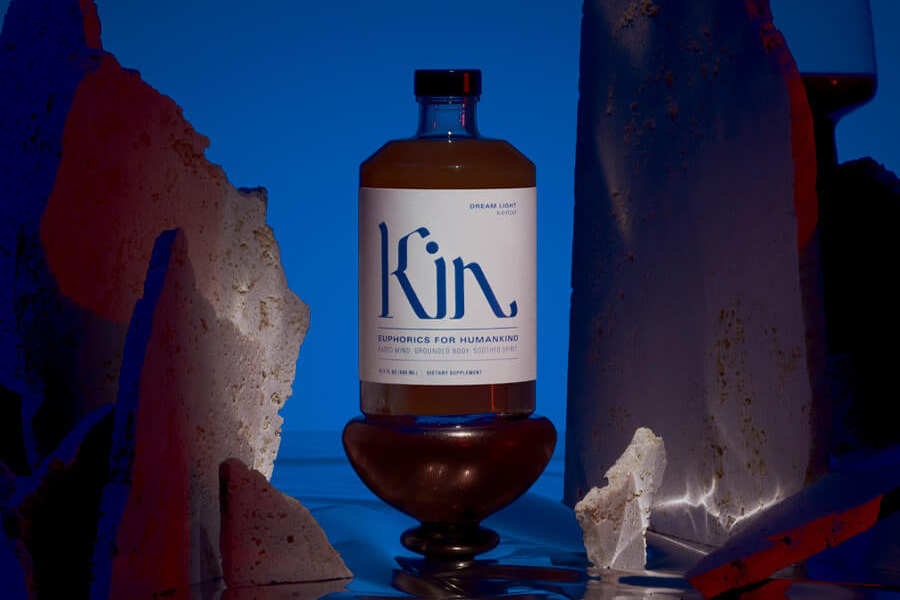
Kin Euphorics Dream Light
If there is one category of drink I sorely miss during my teetotaling times, it is the night cap, the drink to end the day right before bed to usher me off to a peaceful night’s slumber. For those PM times, Kin Euphorics has you covered. Their Dream Light Nightcap is a blend of botanical extracts, Reishi mushrooms, adaptogens, and Melatonin. The flavor profile falls squarely in the amaro-type digestif category. If you were to replace the menthol note in Fernet-Branca with ginger, you’d have the Kin Euphorics Dream Light (and lose the alcohol burning sensation too while you’re at it).
Serving directions from Kin include mixing with oat milk—we are talking about a Brooklyn-based adaptogenic beverage company in 2022 after all—and serving hot or cold. For my taste, I prefer it neat and lightly chilled. It gives it enough of a kick to make you slow down and enjoy the complexity in each sip.
Dream Light is available for $39 via Kin Euphorics official website.
Zac Cadwalader is the managing editor at Sprudge Media Network and a staff writer based in Dallas. Read more Zac Cadwalader on Sprudge.











